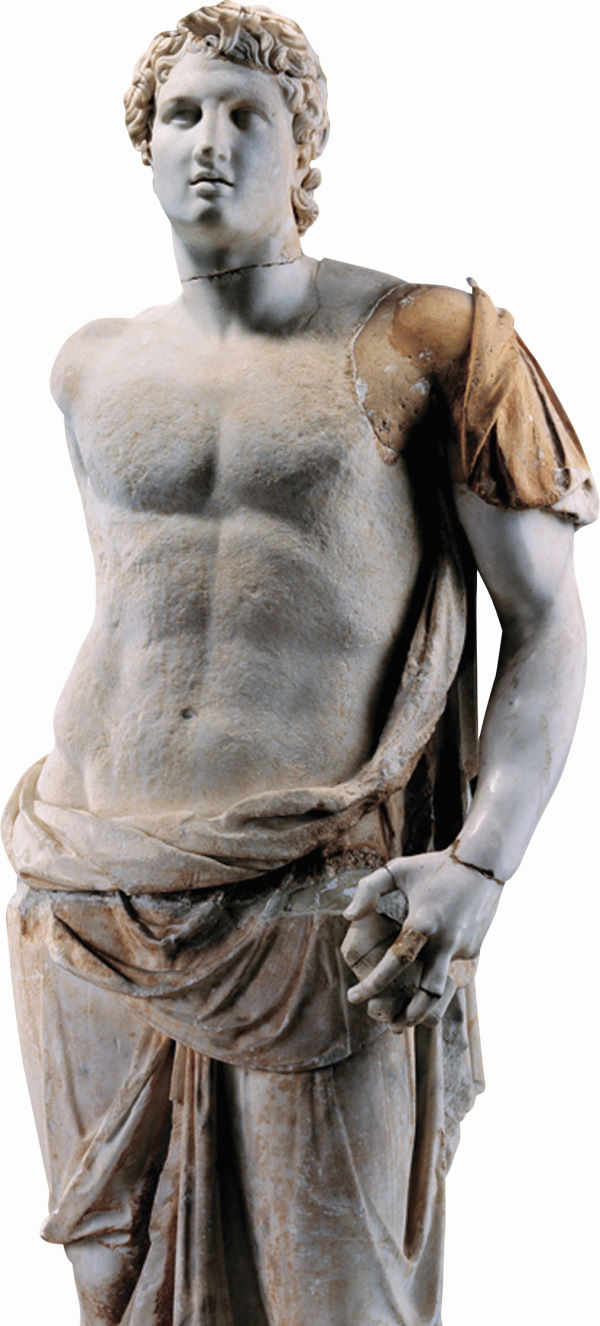
In Rome, there were fifty or so aristocrats who considered themselves to be from the "familiae Troyanae" (Troyan Dynasty). This artificially constructed aristocracy claimed that they had a historical mission. It is this so called "historical mission" that motivated them, while they chased their own various political agendas.
Troy and Politics
- 71 Is the Trojan War the first war between the East and the West?
- 72 Since when was Troy accepted to be a sacred city?
- 73 With whom did the political visits to Troy start?
- 74 Why did Alexander the Great come to Troy?
- 75 Why did Romans use Troy for their political purposes?
- 76 When did the political and religious significance of Troy end?
- 77 What is the significance of Trojan mythology for the Greeks and the Romans?
- 78 What is the political significance of Trojan mythology in the Middle Ages?
- 79 What is the political significance of Trojan mythology for the European literary ideology?
- 80 How does Troy affect contemporary politics?